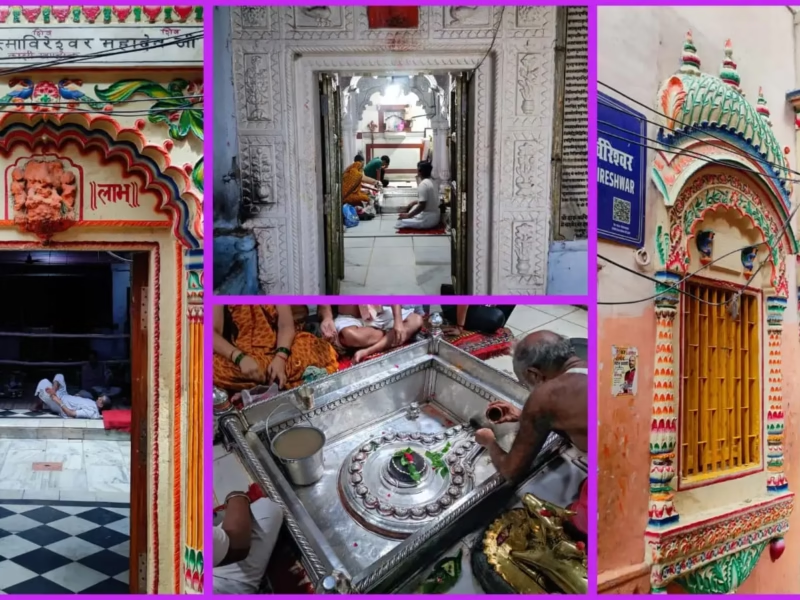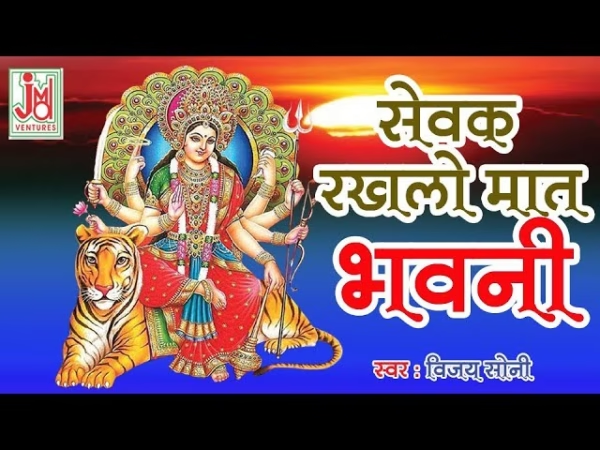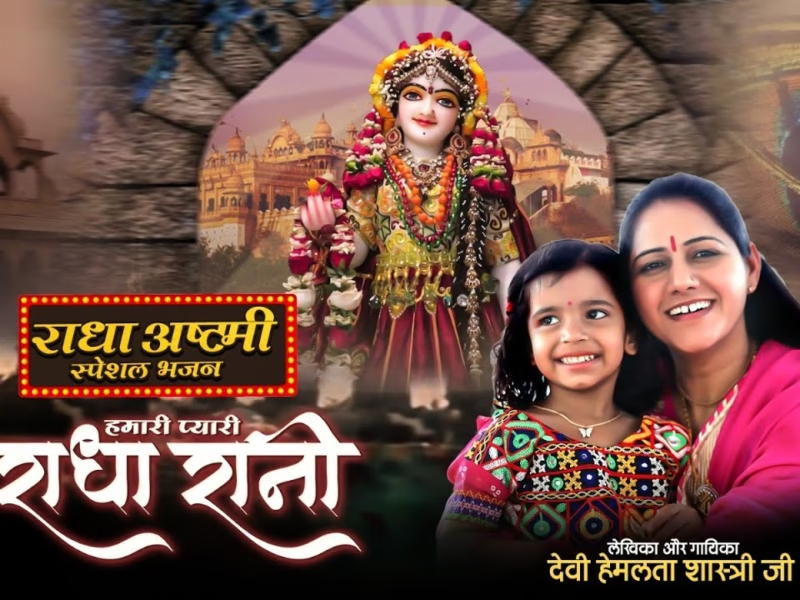Contents
Chapter 2, Verse 7
कार्पण्यदोषोपहतस्वभाव:
पृच्छामि त्वां धर्मसम्मूढचेता: |
यच्छ्रेय: स्यान्निश्चितं ब्रूहि तन्मे
शिष्यस्तेऽहं शाधि मां त्वां प्रपन्नम् || 2.7 ||
kārpaṇya-doṣhopahata-svabhāvaḥ
pṛichchhāmi tvāṁ dharma-sammūḍha-chetāḥ
yach-chhreyaḥ syānniśhchitaṁ brūhi tanme
śhiṣhyaste ’haṁ śhādhi māṁ tvāṁ prapannam
भावार्थ:
इसलिए कायरता रूप दोष से उपहत हुए स्वभाव वाला तथा धर्म के विषय में मोहित चित्त हुआ मैं आपसे पूछता हूँ कि जो साधन निश्चित कल्याणकारक हो, वह मेरे लिए कहिए क्योंकि मैं आपका शिष्य हूँ, इसलिए आपके शरण हुए मुझको शिक्षा दीजिए॥7॥
Translation
I am confused about my duty, and am besieged with anxiety and faintheartedness. I am your disciple, and am surrendered to you. Please instruct me for certain what is best for me.
2.7 कार्पण्यदोषोपहतस्वभावः with nature overpowered by the taint of pity? पृच्छामि I ask? त्वाम् Thee? धर्मसंमूढचेताः with a mind in confusion about duty? यत् which? श्रेयः good? स्यात् may be? निश्चितम् decisively? ब्रूहि say? तत् that? मे for me? शिष्यः disciple? ते Thy? अहम् I? शाधि teach? माम् me? त्वाम् to Thee? प्रपन्नम् taken refuge.
Explanation in English:
This verse is a turning point in the Bhagavad Gita. Arjuna finally admits that he cannot solve his dilemma alone and formally surrenders to Krishna as his teacher.
Let’s break it down:
- “Kārpaṇya-doṣopahata-svabhāvaḥ” – “My true nature is overpowered by weakness (the defect of a miserly heart).”
Arjuna confesses that he’s gripped by emotional weakness and fear, like a miser who clings to little things and cannot rise to a higher vision. - “Dharma-sammūḍha-cetāḥ” – “My mind is confused about dharma (right action).”
He admits he’s lost all clarity about what is right or wrong. - “Pṛcchāmi tvāṁ… brūhi tan me” – “I ask you, tell me what is truly good for me.”
Arjuna seeks wise, decisive guidance from Krishna—not just comfort. - “Śiṣyas te ’haṁ” – “I am your disciple now.”
This is significant: Arjuna shifts from being a friend to a student, humbling himself. - “Tvāṁ prapannam” – “I surrender to you.”
This is complete surrender, a key moment of spiritual openness.
Key Takeaway:
Here, Arjuna openly seeks Krishna’s guidance—not just as a friend or charioteer, but as a spiritual master. This verse marks the true beginning of the Gita’s teachings, as the student becomes ready to receive wisdom. It shows that when the ego surrenders and seeks truth sincerely, the path forward begins to open.












